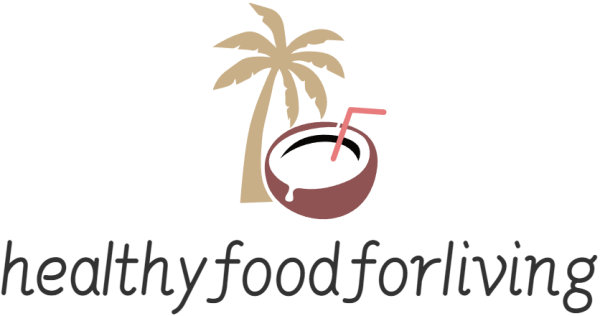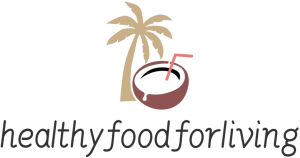In recent years, the high-protein diet has surged in popularity, touted for its effectiveness in promoting weight loss, building muscle, and providing sustained energy. This dietary approach prioritizes protein intake from various sources, pushing the macronutrient to the forefront of one’s eating plan. While there are undeniable benefits associated with a high-protein diet, potential risks and considerations must also be acknowledged. This essay explores the multifaceted aspects of a high-protein diet, discussing its benefits, potential health risks, and the best practices for those considering this dietary approach.
The Benefits of a High-Protein Diet
1. Weight Management and Satiety
One of the most celebrated benefits of a high-protein diet is its ability to aid in weight loss and management. Protein-rich foods take longer to digest and metabolize, which means they can create a feeling of fullness and reduce overall calorie intake by curbing hunger. Studies have shown that increasing protein intake can lead to significant weight loss by boosting metabolism and reducing appetite, making it easier for individuals to maintain a calorie deficit.
2. Muscle Growth and Repair
Protein is the building block of muscles, making it essential for muscle growth and repair. Athletes, bodybuilders, and those engaged in regular physical activity may increase their protein intake to enhance muscle recovery and foster muscle hypertrophy. Following a workout, consuming protein helps repair the muscle fibers that are broken down during exercise, promoting muscle growth and increasing strength over time.
3. Bone Health
Contrary to some misconceptions, higher protein intake is associated with better bone health over time. Proteins provide essential amino acids necessary for bone formation and maintenance. Research indicates that a diet high in protein can improve bone density and reduce the risk of osteoporosis and fractures in older adults.
4. Metabolic Health and Aging
Adequate protein intake is crucial as one ages, helping to maintain metabolism and muscle mass, which tend to decline with age. A high-protein diet can also contribute to better blood pressure levels, lower risks of heart disease, and improved metabolic function, factors that play a significant role in healthy aging.
The Risks of a High-Protein Diet
1. Kidney Strain
One of the primary concerns associated with a high-protein diet is the potential strain on the kidneys. In individuals with preexisting kidney conditions, excessively high protein levels can exacerbate kidney function decline due to the increased workload required to eliminate nitrogen, a waste product of protein metabolism. However, it is important to note that in healthy individuals, there is little evidence to suggest that a high-protein diet poses a risk to kidney health.
2. Nutritional Deficiencies
Focusing predominantly on protein can sometimes lead to imbalances in other nutritional areas, particularly if protein-rich foods displace fruits, vegetables, and whole grains in the diet. Such imbalances can lead to deficiencies in fiber, vitamins, and minerals, which are crucial for overall health and well-being.
3. Heart Health Concerns
Depending on the sources of protein chosen, a high-protein diet could potentially include high amounts of saturated fats and cholesterol, especially if the protein comes predominantly from certain animal products. Overconsumption of these can increase the risk of heart disease. Therefore, it is vital to choose lean and varied protein sources, including plants and fish, to balance the intake of fats.
4. Digestive Issues
A sudden increase in protein intake, especially without adequate fiber and fluids, can lead to digestive discomfort, constipation, and other gastrointestinal issues. It’s crucial for individuals on high-protein diets to ensure they are also consuming enough fiber-rich foods and staying hydrated to mitigate these effects.
Best Practices for Following a High-Protein Diet
1. Choose Quality Protein Sources
Opt for a mix of lean animal proteins like chicken, turkey, fish, and plant-based proteins such as beans, lentils, quinoa, and tofu. This variety not only helps manage fat intake but also ensures a broad spectrum of essential amino acids and nutrients.
2. Incorporate a Balanced Plate
While prioritizing protein, don’t neglect the importance of fruits, vegetables, whole grains, and healthy fats. A balanced diet ensures adequate fiber, vitamins, minerals, and antioxidants, all of which contribute to overall health.
3. Monitor Your Body’s Response
Be attentive to how your body responds to a high-protein diet. Consider consulting with a healthcare provider or a dietitian to tailor the diet to your specific health needs and goals, especially if you have preexisting health conditions like kidney disease or diabetes.
4. Stay Hydrated
Increase your water intake to help manage the additional nitrogen waste produced from higher protein consumption. Proper hydration is essential to support kidney function and overall health.








































